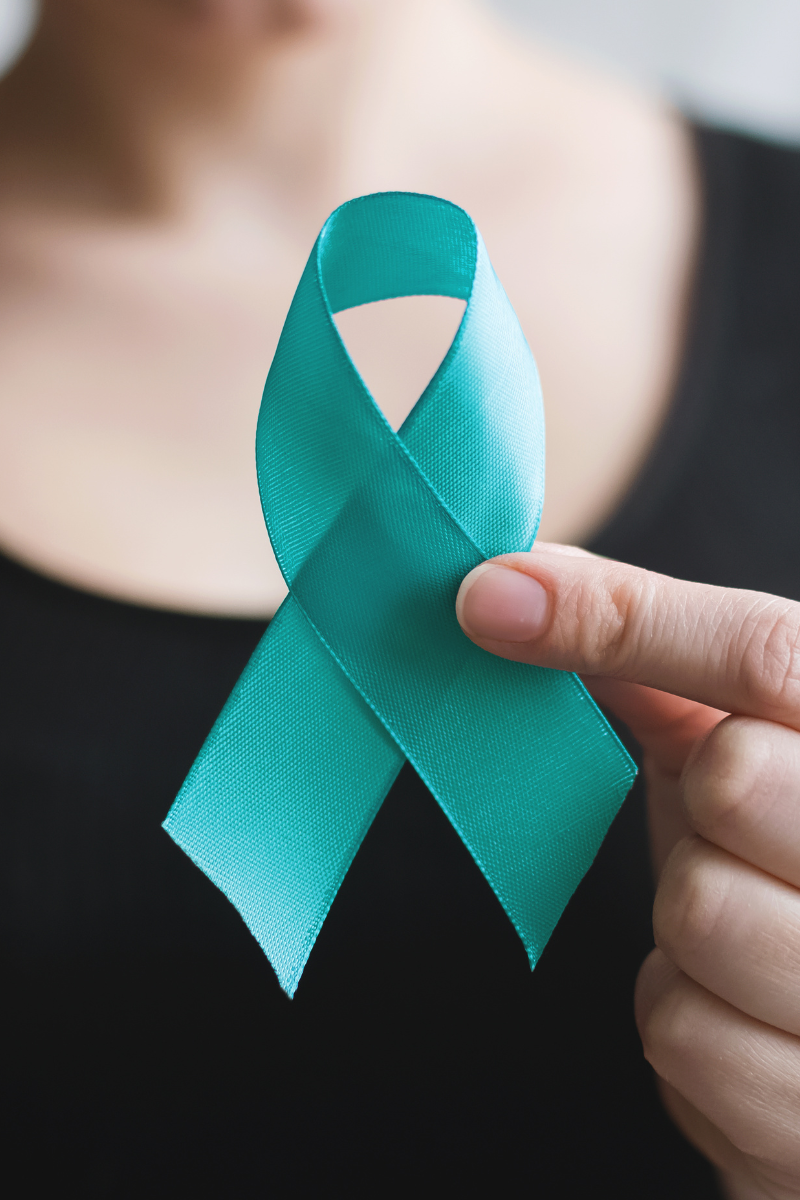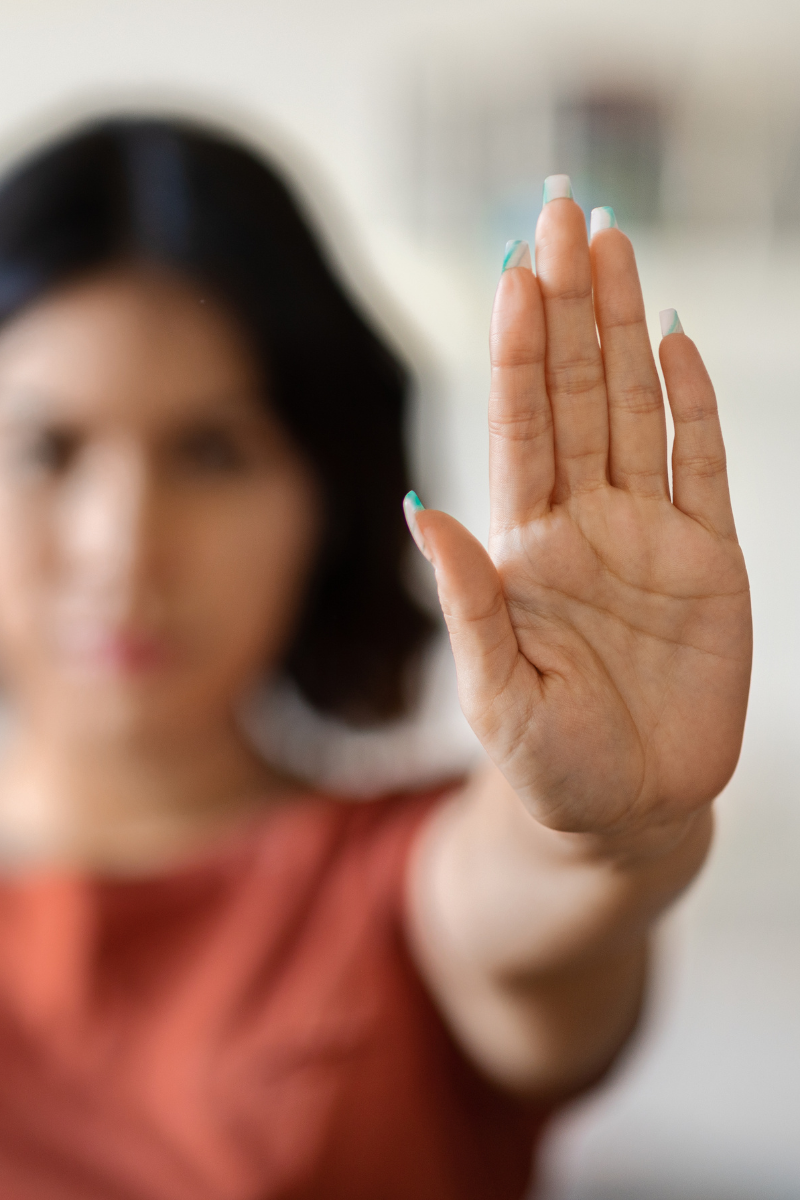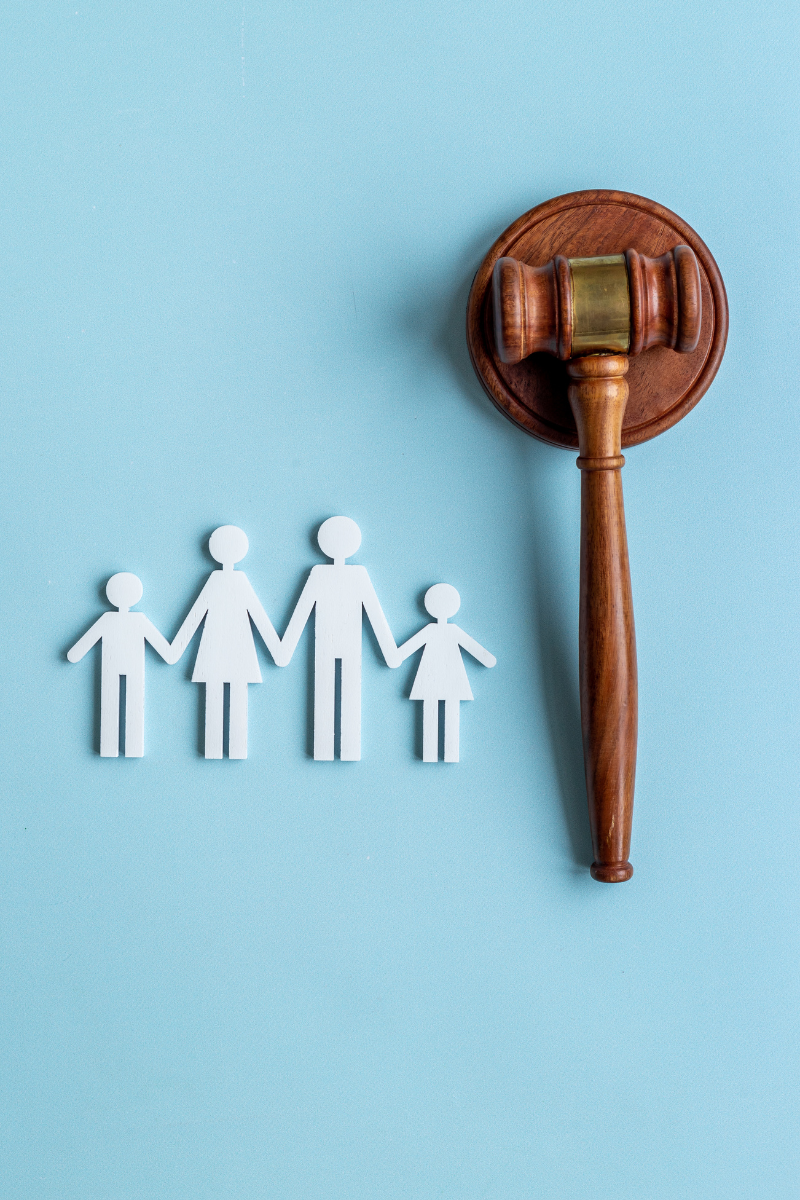Sexual Assault Awareness Month: Why Legal Protection Matters in Family Law
April is Sexual Assault Awareness Month, a time to highlight the often-overlooked connection between divorce and family violence. While ending a marriage is always a complex process, survivors of sexual assault and domestic violence face additional legal and emotional challenges that require protection and advocacy.
Every 68 seconds, an American is sexually assaulted. This alarming statistic emphasizes the need for greater awareness, support systems, and legal safeguards to help survivors. This blog explores the significance of Sexual Assault Awareness Month and the essential role of family law attorneys in helping ensure safety and justice for those navigating divorce in the aftermath of sexual violence. Here’s what you need to know.
 The Importance Of Sexual Assault Awareness Month
The Importance Of Sexual Assault Awareness Month
Sexual Assault Awareness Month (SAAM) is dedicated to educating the public on the impact of sexual violence, dismantling myths surrounding survivors, and providing resources for those in need. This month also serves as a reminder that survivors are not alone—numerous legal, medical, and advocacy resources are available to help them reclaim their lives.
The key goals of SAAM include:
- Raising Awareness: Through educational campaigns, organizations work to highlight the realities of sexual assault, its psychological effects, and the barriers survivors face.
- Prevention Efforts: By promoting bystander intervention, consent education, and healthy relationship standards, SAAM seeks to reduce the occurrence of sexual violence.
- Empowering Survivors: Access to legal resources, medical care, and emotional support is crucial for helping survivors heal and navigate their next steps.
Understanding Sexual Abuse, Assault, and Harassment
Sexual violence is a broad term that encompasses any unwanted sexual contact, including sexual abuse, assault, and harassment. These acts violate a person’s autonomy and dignity, often leaving lasting physical and emotional trauma. Anyone can be a victim, and those who commit acts of sexual abuse, assault, and harassment can exist in any environment.
Forms of Sexual Violence include:
- Rape or sexual assault
- Sexual harassment
- Sexual abuse
- Unwanted sexual contact or touching
- Sexual exploitation and trafficking
- Exposing one’s genitals or naked body to others without consent
- Nonconsensual image sharing and/or coercion (including AI-generated imagery)
- Unwanted sexual advances or actions that occur without consent
Recognizing and addressing sexual violence is essential to helping foster a society where survivors are supported and perpetrators are held accountable. Legal protections, education, and advocacy play critical roles in combatting these offenses and helping ensure that survivors have access to justice and healing.
 The Intersect of Domestic Violence And Sexual Abuse
The Intersect of Domestic Violence And Sexual Abuse
Domestic violence is a broad term that encompasses various forms of abuse inflicted by an intimate partner, including physical, emotional, financial, and sexual abuse. It is used to exert power and control over the victim.
Under the Illinois Domestic Violence Act (IDVA), forms of abuse include:
- Physical abuse (including sexual assault)
- Harassment
- Intimidation of a dependent
- Interference with personal liberty
- Willful deprivation
- Exploitation
- Stalking
The Impact of Sexual Abuse in Marriage
Sexual abuse within a marriage is an often misunderstood and underreported issue. Many survivors feel trapped due to financial dependence, cultural stigmas, or fear of retaliation. Some victims of marital rape may not even realize that it is a crime in all 50 states, as legal recognition of this form of assault only became widespread in the last few decades.
If you are experiencing sexual abuse or coercion within your marriage, seeking help is imperative. A family law attorney can provide guidance on obtaining protective orders and ensuring your safety during the divorce process.
Orders Of Protection: A Crucial Legal Tool 
When sexual assault or domestic violence is a factor in a divorce, securing an Order of Protection (OOP) can help safeguard survivors from further harm. Orders of Protection can:
- Prohibit contact between the abuser and the survivor (and any children involved).
- Restrict the abuser from entering shared residences.
- Help ensure financial protection, such as spousal and child support.
Obtaining an OOP involves legal proceedings, and survivors must present evidence of abuse. A family law attorney can assist in gathering the necessary documentation and advocate for the survivor’s behalf in court.
If Children Are Involved: Protecting Their Well-Being
Children who witness or experience sexual abuse in a household are at a heightened risk of emotional trauma. When sexual abuse allegations are involved in a divorce case, the court often appoints a Guardian ad Litem (GAL) to investigate the claims and determine the child’s best interests.
If you suspect child sexual abuse, it is critical to:
- Seek a medical examination for the child.
- Report the abuse to local authorities or child protective services.
- Obtain legal representation to navigate parental responsibilities.
Courts take sexual abuse allegations extremely seriously, and working with a family law attorney who understands these cases can be vital in securing the best outcome for you and your child.
How A Family Law Attorney Can Help
Navigating divorce while experiencing sexual assault or abuse requires legal advocacy. At Masters Law Group, our attorneys help prioritize your safety, well-being, and rights. Partners Erin E. Masters and Anthony G. Joseph are well-versed in handling high-conflict divorce cases involving abuse and serve as court-appointed Child Representatives. Here’s how we can help:
-
Parenting Time: If you have children, work closely with your attorney to create a parenting plan that prioritizes their well-being. A well-structured arrangement helps ensure stability and supports their best interests.
-
Post-Divorce Disputes: Life changes may require modifications to parental responsibilities, visitation schedules, or support arrangements. Stay connected with your attorney to address any necessary adjustments and ensure compliance with court orders.
-
Orders of Protection: If an order of protection is in place, our attorneys play a critical role in monitoring compliance and addressing violations. Taking swift legal action helps reinforce protections and ensures the safety of survivors and their families.
COMMUNITY RESOURCES FOR SURVIVORS IN ILLINOIS
If you or someone you know has experienced sexual assault or domestic violence, you are not alone. Illinois offers various support services for safety, advocacy, and healing. Whether you need emergency assistance, legal guidance, counseling, or housing support, these organizations are here to help:
- Illinois Coalition Against Sexual Assault (ICASA): Crisis counseling and legal advocacy.
- The Network: Advocating Against Domestic Violence: Resources include housing, legal aid, and support groups.
- YWCA Metropolitan Chicago: Emergency medical care, forensic exams, and counseling services.
- National Sexual Assault Hotline (RAINN): 24/7 confidential support: 800-656-HOPE.
Final Thoughts
Sexual Assault Awareness Month serves as an important reminder that survivors deserve safety, justice, and support. Divorce can be a critical step toward freedom, but it requires legal guidance to navigate the complexities of family law. At Masters Law Group, our skilled family law attorneys are here to help navigate the complexities of divorce while prioritizing the well-being of survivors and their families.
Contact us today to learn how we can help you take the next step toward a secure and empowered future.
FAQ: DIVORCE AND SEXUAL ASSAULT
Can I file for divorce based on sexual assault?
Illinois is a no-fault divorce state, meaning the only recognized ground for divorce is “irreconcilable differences.” Therefore, fault-based grounds like abuse or cruelty are not grounds for divorce in Illinois. While the fact of a divorce will be granted regardless of sexual assault allegations, these allegations can have a significant impact on the terms of your divorce settlement.
Will my abuser still have parenting rights?
The court will evaluate the best interests of the child, and allegations of sexual abuse may result in supervised visitation or complete termination of parental rights. Our experienced attorneys provide compassionate legal guidance, advocating for protective measures and parenting arrangements and helping prioritize your safety and well-being.
How do I prove sexual abuse in my divorce case?
Gathering medical reports, police reports, witness statements, and text messages can help substantiate claims of abuse. Our attorneys help survivors receive the legal support and resources they need to move forward confidently.
Can I receive financial compensation for the abuse I endured?
Financial outcomes in divorce cases vary based on individual circumstances. Courts may consider factors such as spousal support and the impact of abuse when determining settlements. Masters Law Group recognizes the complexities involved in divorces where sexual assault is a factor. Our attorneys provide legal guidance to help clients navigate the process and understand the legal considerations that may apply to their case.




